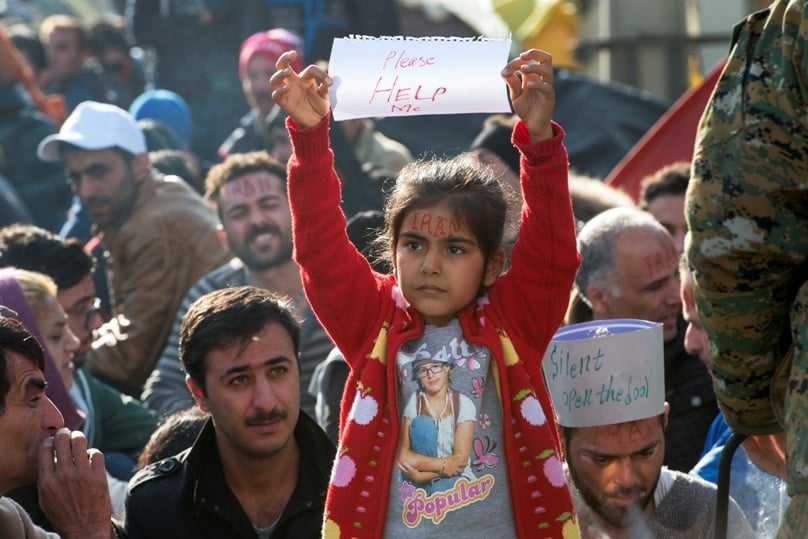
Last week, like many of us I was shocked to read reports of a recent Essential poll that found an astonishing 49 per cent of Australians support a total ban on Muslim immigration.
Indeed, even the pollsters were ‘floored’ and ran the entire poll again just to make sure it wasn’t rogue.
The history of migration to Australia is a checkered one, with the last decade of toxic partisan debates at the expense of refugees the most recent testament to that. However despite this, few doubt that as a nation we have benefited from immigration enormously.
Australia’s ethnic and cultural diversity has enriched our lives and led to a more harmonious and caring society. Our ideals of freedom and a fair go for all have been strengthened not weakened.
So how is it as many as half of all Australians now fear Muslim immigration to the extent that they support a total ban?
While the current international threat of extremism and terror is close to mind, fear of the unknown is hardly a revelation either. There are more Buddhists in Australia than Muslims. They currently make up a tiny 2 per cent of the total population.
Maybe we shouldn’t be so surprised. In 1943, an Australian Gallup poll found that 51 per cent of Australians were opposed to any “coloured immigration”. In 1947, 58 per cent were opposed to taking part in a worldwide plan to resettle Jewish refugees from Europe.
These figures seems almost unbelievable now, with the enormous contribution made by post-war migrants being the very foundation of our prosperous Australia in the 21st century.
Ever since then, each influx of the ‘new’ has inspired anxiety and fear-driven hostility, but it has always resolved itself as our society grows and reaps the benefits.
The Catholic Church has and always will play an important role in helping new migrants to Australia integrate and encourage harmony.
In particular our Church leadership and Catholic organisations have worked hard to ensure that refugees receive proper pastoral care and human assistance. Rights to work and education are fundamental to this.
Just as important, as people of faith we have an important role in providing moral leadership in reducing fear and misinformation.
Aside from the obvious impracticalities of enforcing such an erroneous ban, the proposal is the absolute antithesis to Church teachings on the real answers to problems such as social isolation, extremism and suffering.
Pope Francis has acknowledged that the presence of migrants and refugees seriously challenges the various societies that accept them. Yet as he wrote in 2015 on the Memorial of the Holy Name of Mary, the way to ensure that integration should become the mutual enrichment of our societies is to welcome the stranger with open arms. In doing so, he tells us, we open our doors to God, and that in the faces of others we see the face of Christ himself.
While the Vatican continues to champion the connection between the issues that migrants face and the message from the Gospel of Mercy, we in the Parishes and the Church community can also be the antidote to the fear of Muslim migration.
For example, Pope Francis has said recently that it is wrong to identify Islam with terrorism and that social and economic injustices were among the prime causes of terrorism. “I think that in nearly all religions there is always a small fundamentalist group.” Pope Francis then added: “We have them.”
“I don’t like to talk about Islamic violence because every day when I look at the papers I see violence here in Italy – someone killing his girlfriend, someone killing his mother-in-law. These are baptised Catholics.”
These are confronting words that are no less relevant here in Australia.
Integration and harmony are the responsibility of us all. While we cannot tell half of Australia they are ‘wrong’, with our faith as our guide we can help start a challenging conversation and journey towards understanding and acceptance.
